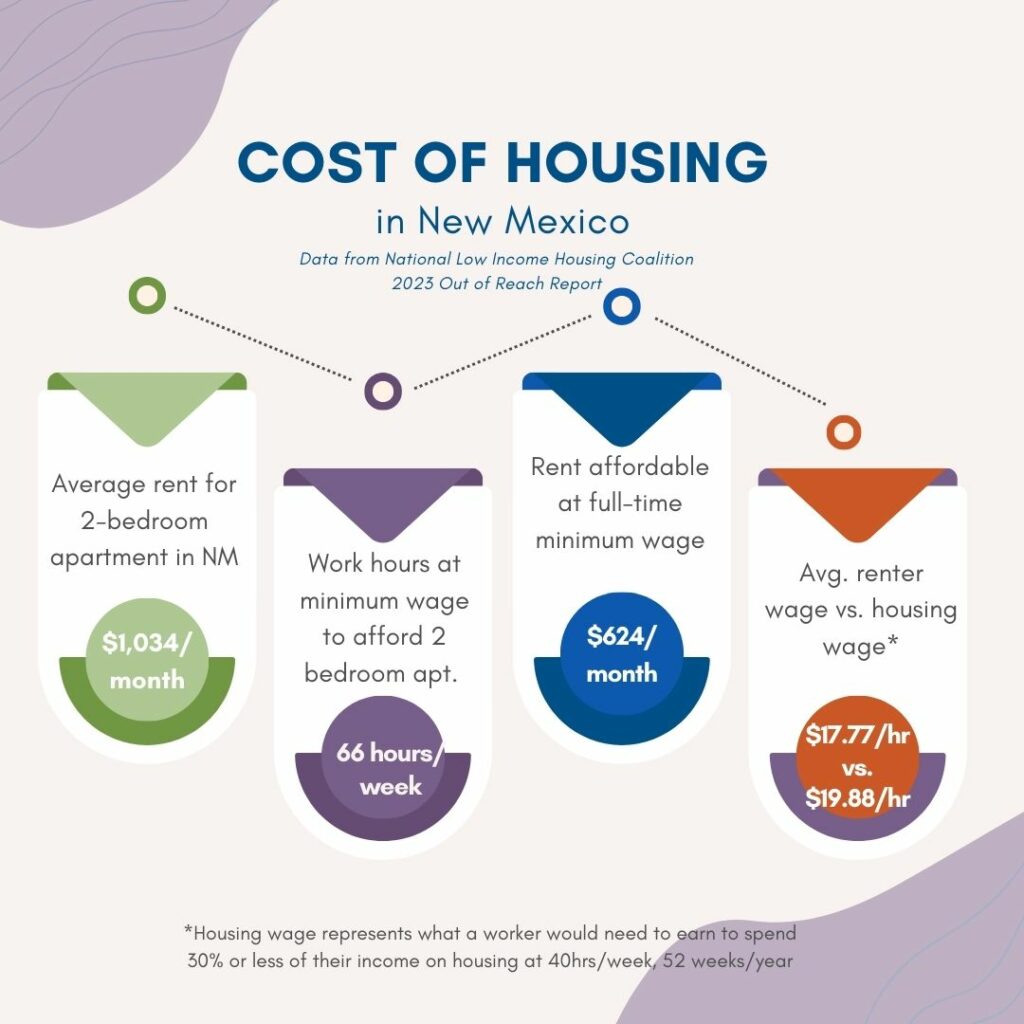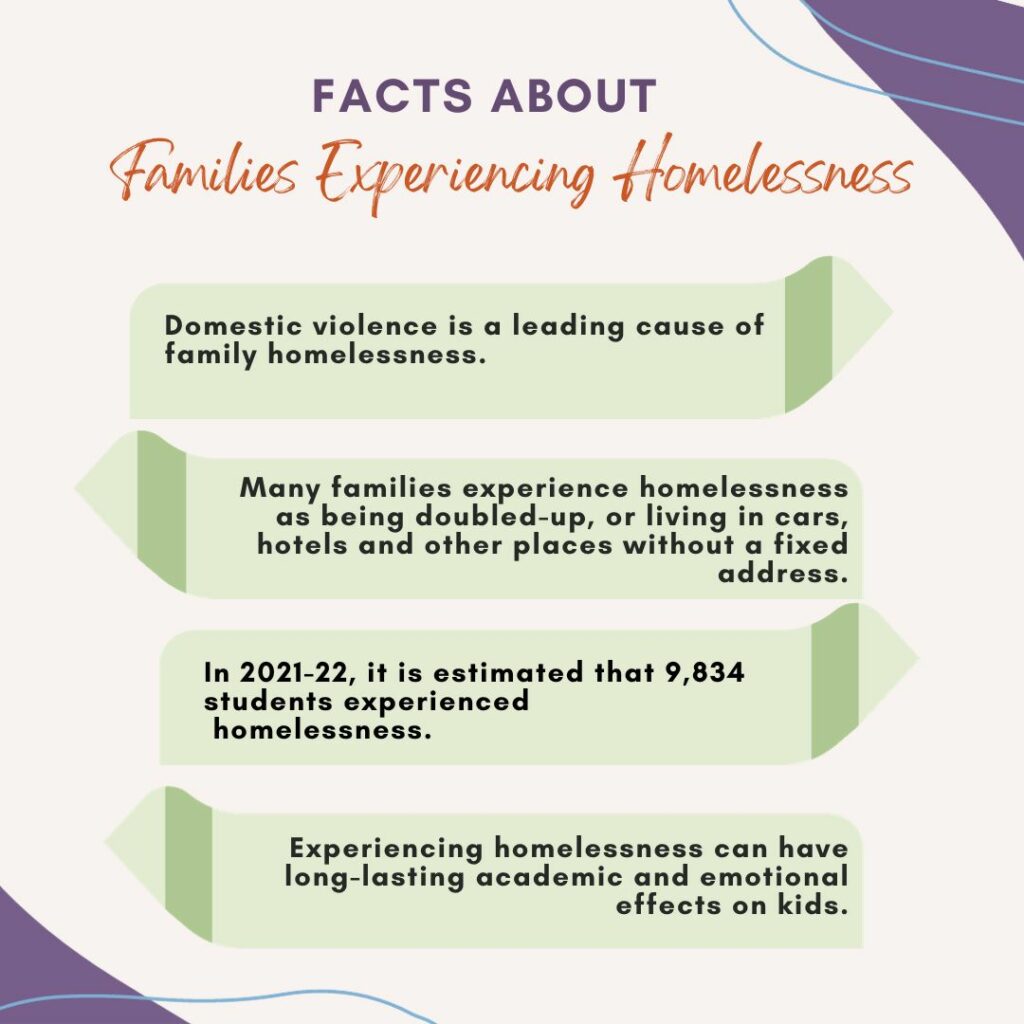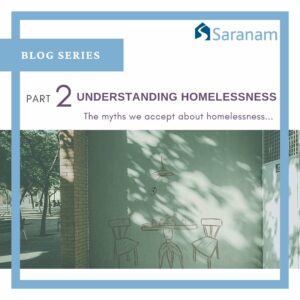The Myths We Accept About Homelessness…But Should Question
By: Sonyia Hartwell, MSSW and Saranam supporter
Sonyia Hartwell is a volunteer at Saranam with several decades of non-profit leadership experience, including nearly 20 years at four different organizations working with persons experiencing homelessness. She has worked directly with clients, managed large and small programs, and served on local and statewide committees to address this important issue.
There are multiple myths surrounding homelessness that are touted so regularly by politicians, the media and people in our various communities that we accept because…well, we don’t really know, but it SOUNDS true. Almost none of it is empirically accurate. Sometimes we adopt a belief based on how we feel, what we’ve been raised to believe, or just rooted in certain inherent prejudices. There are too many assumptions to dig deep into all of them, but let’s take a moment to explore a few of the most damaging and inhumane.
People experiencing homelessness choose to live on the streets because they are lazy, have made bad choices and just need to get a job.
 The truth is that many do have jobs. A 2021 study from the University of Chicago estimates that 53% of people living in homeless shelters and 40% of unsheltered people were employed, either full or part-time. They collected this data over a seven year period and the percentages stayed about the same. But probably the most misunderstood part of this assumption is that getting a job is easy; which is true if you have access to a daily shower, a laundry facility, child care, a fixed address and transportation. Without even ONE of these elements steady employment is almost impossible to secure, no matter how badly you want or need the job. Then keeping that job in the face of such hardship is nearly impossible. The US government’s information about homelessness (gathered annually on the same day of the year nationally) supports the fact that the single biggest reason for the rise in rates of homelessness is the inflation of the housing market, making rents unaffordable for low wage earners. So even a job cannot fend off homelessness with no other community supports.
The truth is that many do have jobs. A 2021 study from the University of Chicago estimates that 53% of people living in homeless shelters and 40% of unsheltered people were employed, either full or part-time. They collected this data over a seven year period and the percentages stayed about the same. But probably the most misunderstood part of this assumption is that getting a job is easy; which is true if you have access to a daily shower, a laundry facility, child care, a fixed address and transportation. Without even ONE of these elements steady employment is almost impossible to secure, no matter how badly you want or need the job. Then keeping that job in the face of such hardship is nearly impossible. The US government’s information about homelessness (gathered annually on the same day of the year nationally) supports the fact that the single biggest reason for the rise in rates of homelessness is the inflation of the housing market, making rents unaffordable for low wage earners. So even a job cannot fend off homelessness with no other community supports.
They’re dangerous, violent criminals
People experiencing homelessness are far more likely to be the victims of violence than the perpetrators. Of course, some individuals experiencing homelessness may commit acts of violence beyond self-defense but such acts rarely affect the other individuals they encounter. To put it another way, any violence by persons experiencing homelessness is either self-defense against the rare violent perpetrator who preys on other people who are homeless. We need to understand this as there is no more reason to fear assault from a person who is homeless than from any other person you might encounter.
People who experience homelessness are more likely to have criminal justice intervention. However, this is primarily because many of their daily survival activities are criminalized—meaning they might be given a summons or arrested for minor offenses such as trespassing, littering, or loitering. This is mostly due to the demand that the public makes for police intervention so that people who are experiencing homelessness will be shooed away from parks and neighborhoods. Most of these citizens would never call police if a well-groomed person was simply sitting on a park bench or seeking shade under a tree.
They are not part of our community

Surveys have shown that 70 to 80 percent of people experiencing homelessness are from the local area or lived there for a year or longer before becoming unhoused. Additionally only 16% of the half million Americans experiencing homelessness are in a chronic state of being unhoused. These individuals and families are as much a part of our community as any other citizen and it is unkind to attempt to marginalize them for being different in this one way.
Information Sources:
- New York University School of Social Work
- U.S. Department of Housing and Urban Development
- University of Chicago
*This is the second post in a blog series about the causes and misconceptions surrounding homelessness.

